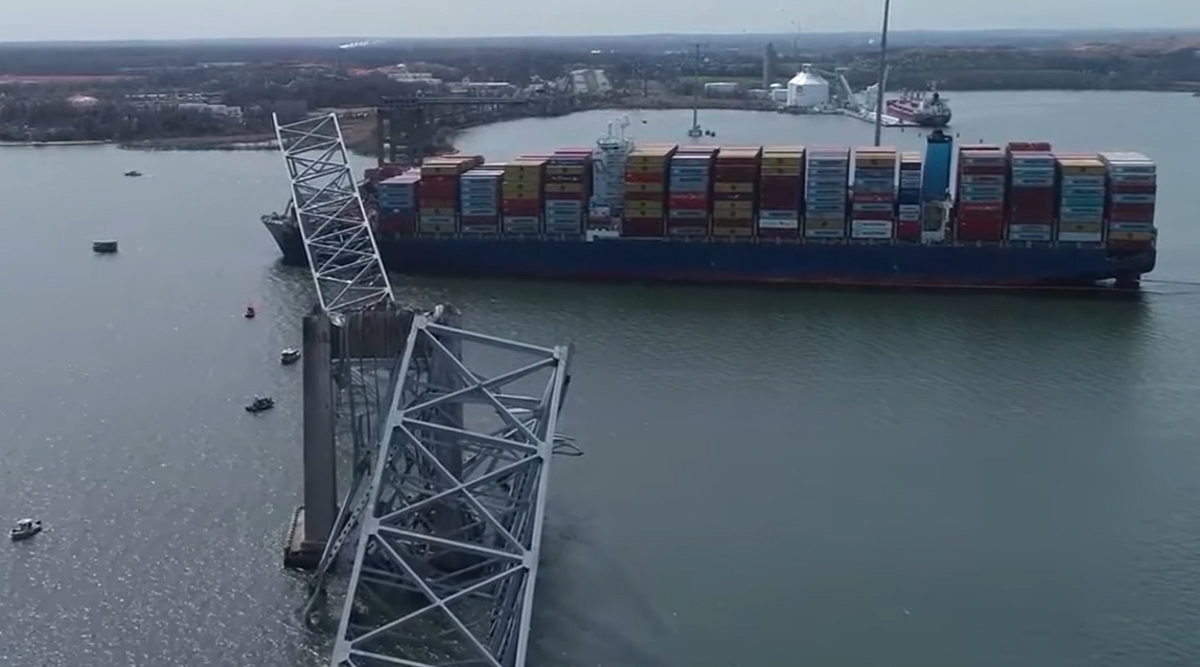Videos
Why are Companies Outsourcing to Third Party Logistics Providers?What are the main driving forces that are leading companies to outsource today? And are those reasons the same or different than they were five or 10 years ago? In an industry that is constantly changing, it’s important for third-party logistics providers to understand what is important to the clients they serve.
In this five-minute video, Adrian Gonzalez interviews Mike Glodziak, president of LEGACY Supply Chain Services, who describes the main factors that companies care about when selecting 3PLs today.
Video Transcription
Adrian: Obviously in your role you get to speak with a lot of customers as well as companies that are looking to outsource all or part of their logistics operations, what are the main driving forces that a leading company’s do outsource today? And are those driving forces the same or different than they were, let’s say, five or ten years ago?
Mike: In our experience and what we see at Legacy, why people outsource it really comes down to, I would say, four main factors. It’s going to come down to cost. As a provider we typically have a better cost structure than a lot of our clients. That’s why they outsource to us, and that could be a labor cost structure. That could be our bricks and mortar building cost structure. That could be us leveraging our transportation network. But beyond cost we have a lot of clients that will outsource to us because of flexibility. We just offer a more flexible approach to supply chains.
And, again, that’s our . . . If the operating sites across North America that provide us with flexibility and provide our clients with flexibility, that’s our solid understanding of supply chain as a service provider. It also adds flexibility.
Number three, the third reason we’ll see a lot of folks outsourcing in today’s environment is really about capital investment. And so many clients out there are looking to redeploy the capital elsewhere in their business. So if you’re a retailer, you’re looking to redeploy capital on a storefront. If you’re a consumer goods or you’re an industrial player, you’re looking to deploy that capital into your manufacturing processes. And that certainly plays into it.
I would say number four with respect to why we’re seeing outsourcing in North America today it’s still service levels. It’s leveraging a outsource provider, a supply chain expert to drive and definitely improve service levels. So has there been a lot of broad, wide sweeping changes in the outsourcing over the last five to ten years in North America, probably not. There are some subtleties I see changing. We see some of our global clients looking for integrated global solutions.
So we’re in a nice position that we offer international brokerage services from Asia into North America, and you can pick up that product at the shores of North America. And you can put it into your warehouses, and you can do last minute delivery. So maybe a little more interest in integrated global supply chains. We’re seeing some regulatory compliance impacts. A great example at [inaudible 00:02:57] is we operate very heavily in California, and then the new carb compliance regulations that the state has put in place is it’s the states effort to get new equipment on the road and pull the older equipment off the road, does force some clients into potentially outsourcing their fleet. And we’ve seen some of that activity in California.
We’re seeing some service need differentials in the last five years. My best example would be e-com. We’ve recently put a couple pieces of e-com businesses into our world, and we have so many clients that just aren’t comfortable in that e-com fulfillment world which is very different from anything else you do in the supply chain.
I think the last and final fourth change of scene in the last five to ten years has been the emergence of technology needs. So we’ll get clients who are trying to improve their warehouse management system, or want to improve their transportation management systems. And perhaps they don’t want to make that investment into the technology or they don’t have the bench strength internally to implement or invest in that technology so they’ll look at outsources and say, “Hey, what have you got from tier one, perspective, and how can we leverage you as an outsource provider to get that technology solutions?”
Adrian: All great clients, and I would echo the e-commerce or more broadly speaking, omni channel fulfillment which is certainly the retail segment. Something that a lot of retailers are still trying to figure out looking for best practices or looking for partners that can help them achieve what they’re trying to achieve there. And I always say that your last point about technology that from what I hear from a lot of customers, a lot of manufacturers and retailers is that they’re looking through that retail partner as a source of technology.
In many ways it’s something that I’ve been talking about for years is that we’re seeing the business models of 3PLs as operations managers converge with consulting and technology. And really a successful 3PL bundles all those three things together.
-
2024 Q1 Freight Landscape: Trends, Challenges, and Predictions
As the first quarter of 2024 comes to an end, here are some observations over the past few months as well as predictions about the trucking...
+ Read more -
Baltimore Bridge Impact Assessment – Update
Following the recent Baltimore Bridge collapse and subsequent port closures, we want to keep our customers informed about the situation and...
+ Read more -
Global Momentum Builds for Charge on Global Shipping Sector’s CO2 Emissions
A growing coalition of 47 countries, including key players like the European Union, Canada, Japan, and various Pacific Island nations, is...
+ Read more



